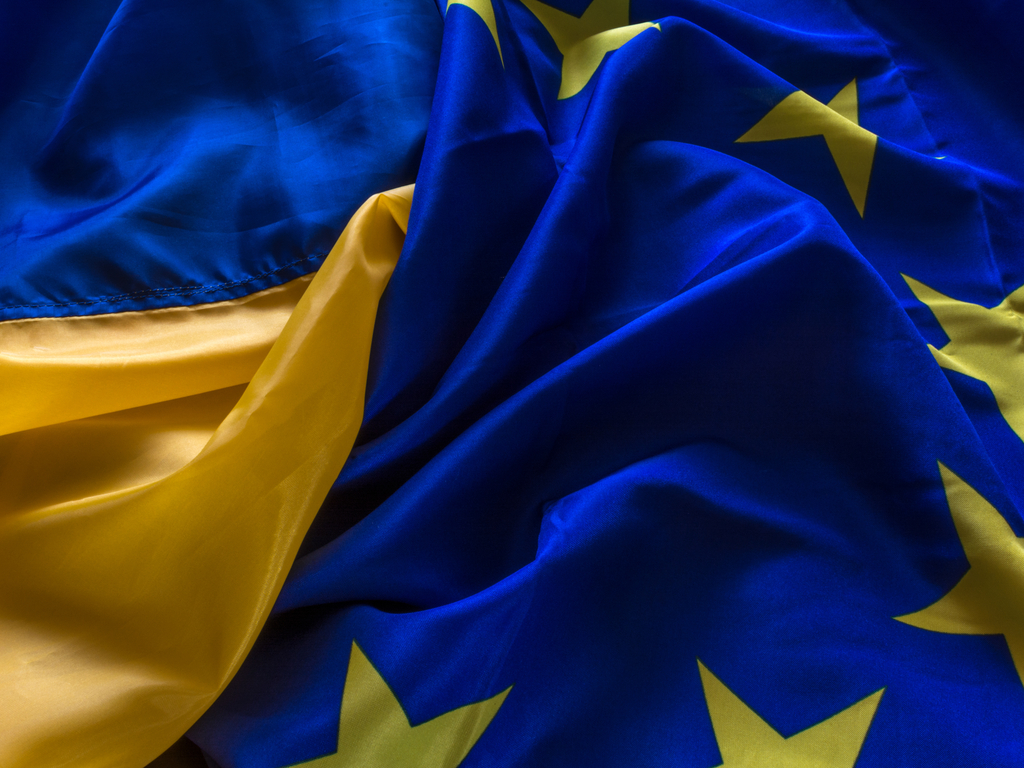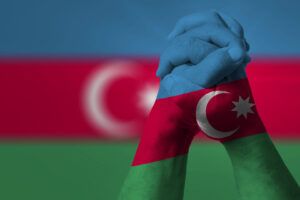Ivan Nagornyak, Advisor to the Vice Prime Minister for European and Euro-Atlantic integration of Ukraine, PhD in political science
This May, foreign ministers of Ukraine, Georgia, and Moldova signed a memorandum on the establishment of the Associated Trio for the joint successful European integration of the three countries. In less than a month, on June 24th the three countries made their first joint visit to the EU institutions in Brussels in the format of the Associated Trio. In July, the Heads of State of Georgia, Republic of Moldova and Ukraine have gathered in Batumi, Georgia to strengthen the trilateral cooperation on European integration.
StrategEast has interviewed leading experts from EaP countries to find out more about the countries’ EU aspirations in light of these events.
In your opinion, what is the fundamental difference between the Associated Trio and EaP formats?
We have to take into account, that the geopolitical and economic situation in the region since 2009, when the EaP initiative was founded, has changed dramatically. Now only Belarus is one out of six EaP countries that is not involved in the armed conflict. Another big issue was the signing of the Association Agreements between the EU and Georgia, Moldova, and Ukraine. This changed the trade flows of these countries and made the EU their biggest trade partner and biggest investor.
Following the scope of the obligations under the AAs, Georgia, Moldova and Ukraine made big progress on the approximation of their legislation with the EU acquis. Now they need more expert dialogue on the implementation of specific EU directives and norms, which the EaP format does not allow because there is nothing to do for Azerbaijan and Belarus at these discussions. So, the inclusiveness of the EaP format was undermined by the EU itself after signing such comprehensive and ambitious Agreements with only three out of six EaP partners.
Associated Trio countries are looking for new mechanisms of cooperation with the EU that will address their ambitions for sectoral integration in the mid-term perspective and for the membership perspective in the long run. The EaP looks too weak and too unambitious for them to fulfill these needs.
Does the creation of the Associated Trio mean the ending of the EaP format and the actual split of the EaP countries into two separate groups, building separate relations with the EU?
In some way, the dissolution of the EaP started in the 2015 Riga Summit, where one without looking too deep could see that there was nothing to talk about between associated countries and those partners who choose another path. Armenia has saved the situation for itself after signing the CEPA agreement with the EU which we can call “AA soft”.
Another issue was the recent Belarus’ walkout from the Eastern Partnership which undermined the concept of the EU soft power and attractiveness for the Belarusians.
The next EaP summit will show can the EU propose some kind of agenda that will look attractive enough for all EaP countries to work together. In July European Commission proposed an Economic and Investment Plan for EaP countries for their recovery after COVID-19. Bringing more efforts and tools to this proposal that can boost the economy of the EaP countries could help this Plan to become such an instrument that can bring life to the EaP initiative for two-three years.
Can we expect other EaP countries to join the Associated Trio?
We have to look very closely at how the political crisis in Belarus will develop. Sometimes events can be so dynamic, that we will be able to discuss this perspective for Belarus in 2-3 years. Definitely, Ukraine will share its experience on signing the AA with the EU and will be happy for Belarus to join this format. But then, we will need to change the name of Trio.
Armenia has also a lot of citizens who see their country as a part of the European family, so the perspective for them to choose a pro-European course is also an option.
But the geopolitical reality is very crucial and as for now, I am more skeptical on such perspectives for these countries to join Association Trio.




